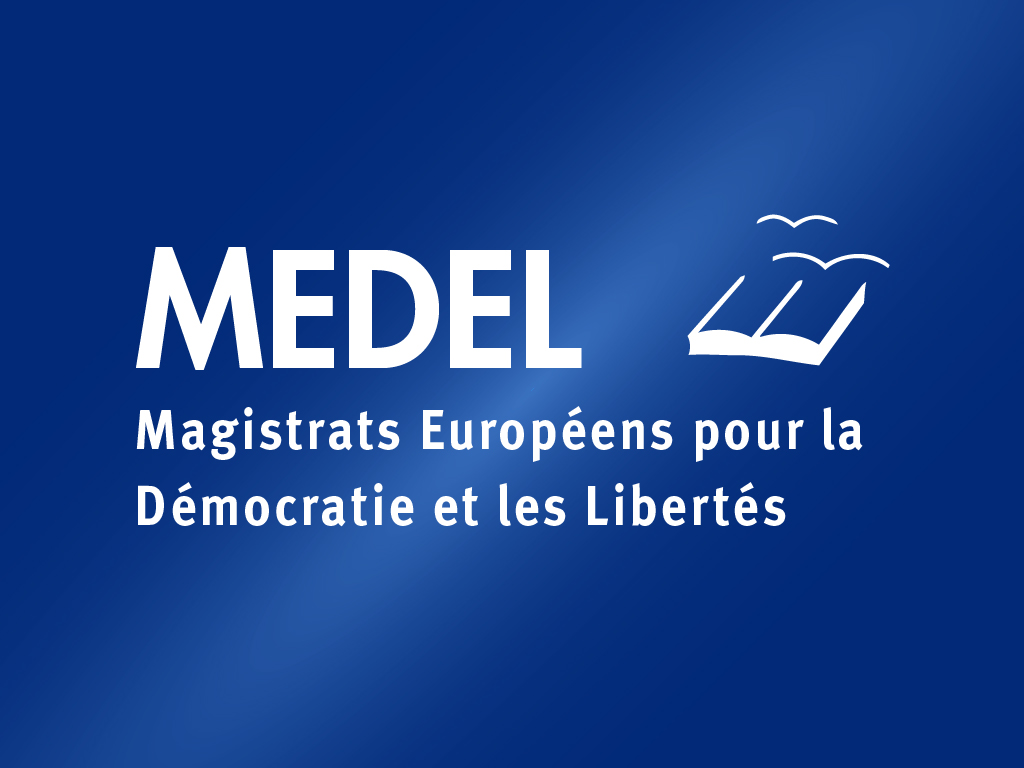Search and Rescue migrants at sea is a legal obligation as well as a humanitarian imperative. The European Union and all Member States are called to ensure a system for the reception of migrants in line with human rights protection standards.
—-
To search and rescue migrants at sea, providing them with the necessary assistance, is a legal obligation as well as a humanitarian imperative. The duty to cooperate to rescue activities is upon all concerned States.
The European Union and all Member States should ensure a system for the reception of migrants in line with human rights protection standards and the firm commitment to protect the indivisible, universal values of human dignity, freedom, equality and solidarity, solemnly declared towards the human community and future generations in the European Charter of fundamental rights.
This commitment cannot remain an empty declamation.
The policy of externalization of the European borders, together with the reestablishment of its internal frontiers, expose migrants to the risk of inhuman and degrading treatments, prohibited by art. 3 ECHR and by art. 4 of the Charter of fundamental rights. Recently the UNHCR has once again warned against the increasing violence and the serious violation of human rights with ill-treatment and refoulements, regularly reported in several points of access to the European internal and external land and maritime borders.
IOM’s Missing Migrants Project (MMP) documented at least 2,836 deaths and disappearances on the Central Mediterranean route since 2021 (as of 24 October 2022), an increase compared to the 2,262 deaths recorded between 2019 and 2020. Increases in the death toll since 2021 have been documented also on many other European routes.
These are situations dramatically occurring every day before our eyes, along the borders between Poland and Belarus, Turkey and Greece, France and Italy, Spain and Morocco, on the Balkan route as well as on the English Channel crossing.
The fate of the migrants detained in Libya or abducted back there by the local coast guard, whose officers are under investigation by the International Criminal Court, is equally well-known: imprisoned and tortured, enslaved, sold to other human traffickers.
The European Union has time ago decided to bring to an end Italy’s rescue operation Mare Nostrum and the patrolling actions, without replacing them with a well-resourced search and rescue plan.
The vicarious role taken by NGOs cannot avoid the continuing loss of thousands of lives. Moreover, as the Commissioner for Human Rights of the Council of Europe recently highlighted[1], rather than recognising NGOs as key partners, Member states have persisted in a hostile approach and in the worrying trend of criminalising those who save lives at sea.
Face to the recent obstacles – set up under the banners of national security – to the disembarkation in the Catania harbor of migrants rescued in the Mediterranean sea by NGO ships, MEDEL recalls once again the international obligations requiring not only to save lives at sea but also to disembark those rescued in a place of safety: all rescued persons are vulnerable, and for maritime law their legal status is irrelevant.
These events urge the European Union to take clear decisions sticking to the principles and values that are part of its spiritual and moral heritage.
Against the backdrop of all the above, MEDEL reaffirms that:
- a clear priority shall be given to saving human lives, by initiating again a public European search and rescue mission in the Central Mediterranean Sea, the most dangerous migration route in the world;
- the principle of solidarity between States in managing the flows of migrants and asylum seekers shall be ensured, also through the necessary amendments to the Dublin regulation and to the criteria defining the competence to decide on the requests of international protection;
- a proper human rights-based development cooperation policy should be launched, with human rights standards guiding the assistance in all sectors and phases;
- migration policies shall stick to a substantive reading of rule of law principles, which includes the protection of human rights; any violation of the fundamental rights of migrants, asylum seekers and refugees, shall be treated as a serious breach of the founding values of the European Union, enshrined in article 2 TEU. Therefore, migration policy should be included in Rule of Law reports published annually by the European Commission.
——
[1] Follow-up report to the 2019 Recommendation by the Council of Europe Commissioner for Human Rights, ‘A distress call for human rights – The widening gap in migrant protection in the Mediterranean’, March 2021.
Barcelona, 03 December 2022
Statement on migration (.pdf)


